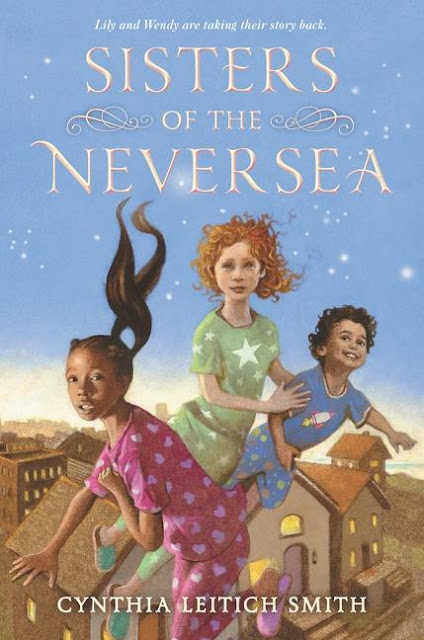- Home
- About AICL
- Contact
- Search
- Best Books
- Native Nonfiction
- Historical Fiction
- Subscribe
- "Not Recommended" books
- Who links to AICL?
- Are we "people of color"?
- Beta Readers
- Timeline: Foul Among the Good
- Photo Gallery: Native Writers & Illustrators
- Problematic Phrases
- Mexican American Studies
- Lecture/Workshop Fees
- Revised and Withdrawn
- Books that Reference Racist Classics
- The Red X on Book Covers
- Tips for Teachers: Developing Instructional Materials about American Indians
- Native? Or, not? A Resource List
- Resources: Boarding and Residential Schools
- Milestones: Indigenous Peoples in Children's Literature
- Banning of Native Voices/Books
- Debbie on Social Media
- 2024 American Indian Literature Award Medal Acceptance Speeches
- Native Removals in 2025 by US Government
Friday, October 29, 2021
Highly Recommended! A Girl Called Echo, Volume 4: Road Allowance Era
Monday, October 25, 2021
Highly Recommended: SISTERS OF THE NEVERSEA by Cynthia Leitich Smith; cover art by Floyd Cooper
Today AICL is pleased to give a Short and Sweet Rec* to Cynthia Leitich Smith’s Sisters of the Neversea. We recommend you get it for your children, your classroom, or your library. Here’s the description:
Lily and Wendy have been best friends since they became stepsisters. But with their feuding parents planning to spend the summer apart, what will become of their family—and their friendship?
Little do they know that a mysterious boy has been watching them from the oak tree outside their window. A boy who intends to take them away from home for good, to an island of wild animals, Merfolk, Fairies, and kidnapped children, to a sea of merfolk, pirates, and a giant crocodile.
A boy who calls himself Peter Pan.
Four reasons why AICL recommends Sisters of the Neversea
First, the author is Native. Cynthia Leitich Smith is a citizen of the Muscogee Nation, telling us a story where the primary character is Muscogee Creek.
Second, Sisters of the Neversea shows readers who Native people are, for real. J.M. Barrie’s stories about Peter Pan have mis-informed generations of readers. His stories encourage others to play Indian in stereotypical ways, and the characters in his story that are meant to be Native (Tiger Lily) are straight-up stereotypes. We are nothing like the “Indians” in his stories. Smith’s take on Peter Pan pushes back on those stereotypes.
Third, Sisters of the Neversea includes Black Indians. Upon seeing Floyd Cooper's cover art, Smith writes that she thought "There you are!" With his art, she saw Lily as Black Muscogee. Later in the book, we meet Strings, a Black Seneca Indian from the Bronx.
Fourth, Smith's author’s note includes several questions that she poses about the Native people in Barrie’s stories. “How did they get there?” she asks, and “Why were they described in hurtful language?” are two of them. Teachers who use the book in the classroom can draw attention to those questions and encourage students to ask similar questions about Native characters in other books they read.
We hope you’ll get a copy ASAP, read it, and tell others to read it, too. When you’re at your local library, ask for it! If they don’t have it yet, ask them to order it.
-----
*A Short and Sweet Rec is not an in-depth analysis. It is our strategy to tell you that we recommend a book we have read. We will definitely refer to it in book chapters and articles we write, and in presentations we do. Our Short and Sweet Recs include four reasons why we recommend the book.


